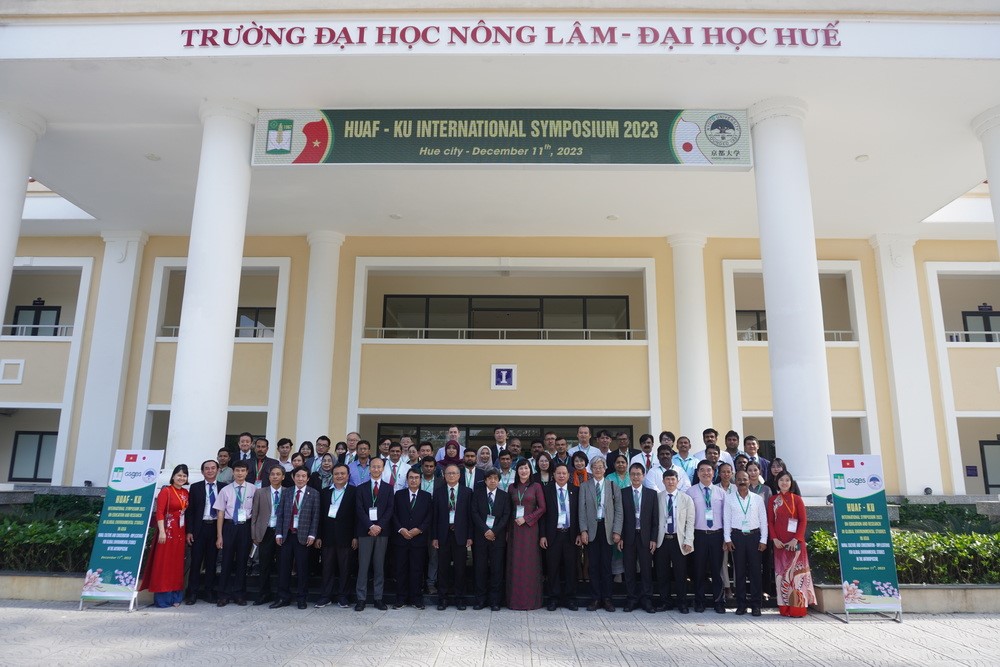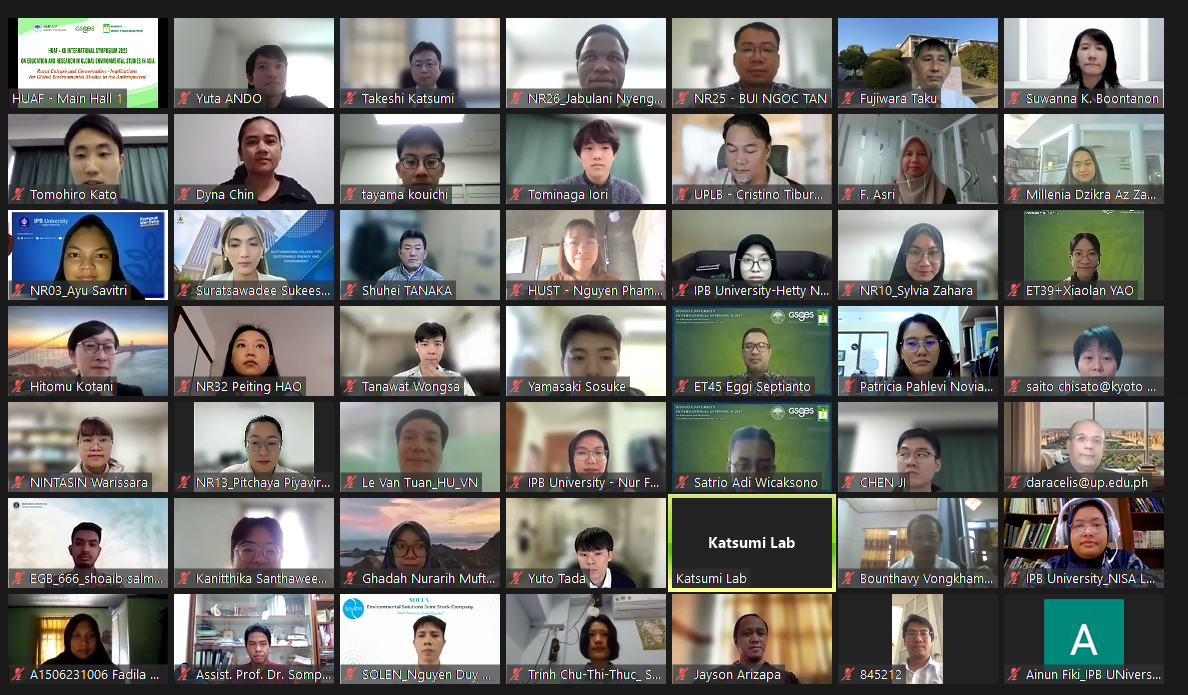About Sansai Gakurin
A civilization of global proportions has yet to exist in human history. Only by aiming at such an ideal, however, can global environmental studies develop as a new and integrated discipline.
Toshio Yokoyama, former Warden of Sansai Gakurin

1) Activities designed to integrate all academic disciplines related to global environmental studies and coordinate the outreach activities of GSGES.
In order to develop a Global Environmental Studies Directory at Kyoto University, we devise and host regular events, including the Kyoto University Global Environmental Forum, the Hannari Kyoto Shimadaijuku, and the Global Environmental Studies Konwakai. The Kyoto University Global Environmental Forum brings together researchers from inside and outside the university to provide the general public with an insight into the research conducted by the GSGES. First held in April 2008 and typically held two to three times a year, the forum has now been held 44 times. The Hannari Kyoto Shimadaijuku, which is held at the Shimadai Gallery in a traditional Kyoto townhouse, includes public lectures that connect the research pursued at the university with everyday life. It was launched in November 2004 and has been held 42 times to date. Meanwhile, the Global Environmental Studies Konwakai is an informal gathering for GSGES faculty members to present and discuss their research. The first Konwakai was held at the time of the GSGES’ establishment in April 2002 and to date, it has been held a total of 124 times. In addition to these events, we also participate in university-wide international seminars and forums related to global environmental studies and collaborate with a variety of events and activities held in Kyoto with the aim of expression related to humankind and the environment.
Hannari Kyoto Shimadai-juku
Kyoto University Global Environmental Forum
2) Activities designed to promote interdisciplinary education and research
We provide medium- and long-term support aimed at ensuring that the educational and research activities of the GSGES is unified toward promoting “global interests”—interests that are above and beyond the gains and losses of human society—and toward the development of civilization across the globe. The mainstay of these activities is the regular publication of the SANSAI Newsletter, which reports the various activities of the GSGES. The first issue of the SANSAI Newsletter was launched in October 2011, and 35 issues have been published to date.
3) Activities designed to support international education and research programs
We are currently providing support for international education and research programs provided at Kyoto University and the GSGES. We promote vibrant activities in international collaboration, and regularly present the results of these activities at symposiums and seminars that we organize. The annual GSGES International Symposium is a major achievement among these international programs, as it provides researchers and students from partner universities in various countries with the opportunity to come together and participate in discussions. The following table shows locations, numbers of participants, and other such information on the past symposiums. We also aid in acquiring the scholarships and grants needed to regularly accept a large number of international students and special auditing students.



